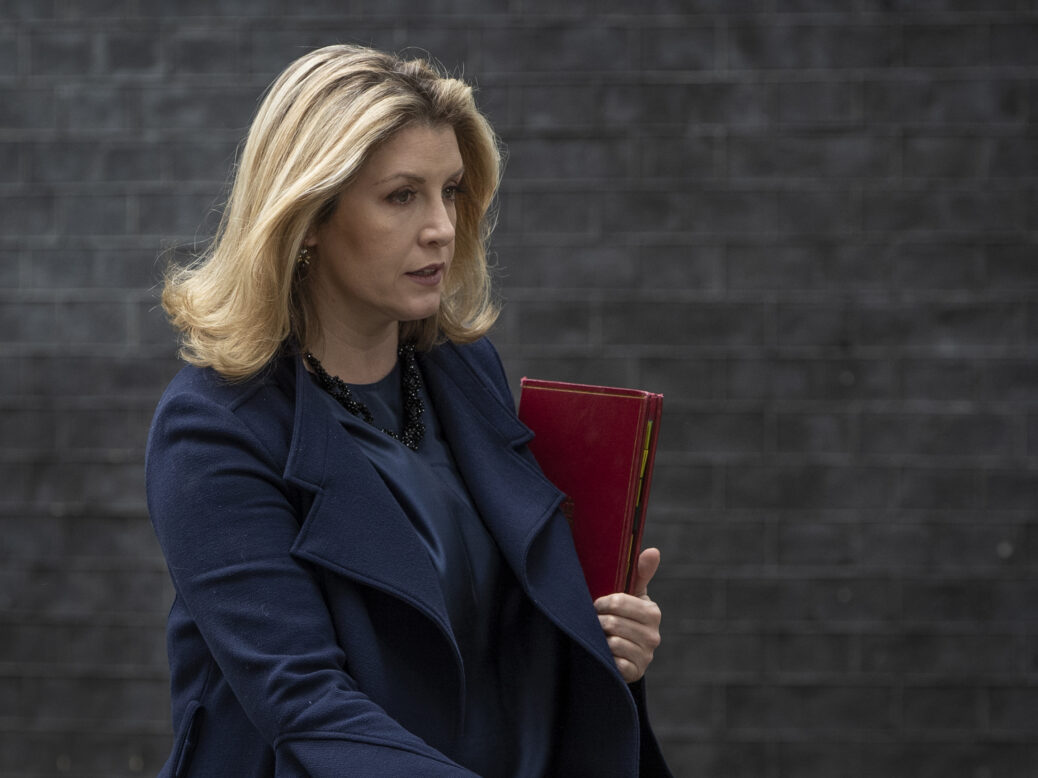
There have been two developments in the race to be Britain’s next prime minister this evening (11 July). First, the rules for the contest have been laid down by the new executive of the Conservative 1922 Committee. Candidates will be required to win the support of 20 MPs to make it on to the ballot paper this week, with the first round of voting taking place on Wednesday.
Just over half of Tory MPs have already come out in support of a candidate. The data so far suggests that as many as ten candidates may make the ballot (with only Grant Shapps set to miss out). I would be surprised if quite that many do, with Sajid Javid one well-known name who may miss out. Attorney General Suella Braverman may also fall short.
The field will narrow quickly in any case. Ten candidates may make the first round but any MP who fails to win the backing of 30 MPs will be eliminated. On current projections, as many as seven of the ten candidates who make it on to the ballot could fail at the first hurdle, with only Rishi Sunak, Penny Mordaunt and Tom Tugendhat currently set to make it through to the second round, which will be held on Thursday.
But this contest is fluid. Nearly 170 MPs are still yet to come out for a candidate, and – in the second major development of the evening – a new survey of ConservativeHome’s readers may shape many minds. ConHome’s survey of party members is not a weighted poll, but it is a source of data in a race that is starved of it, and both MPs and the media will pay close attention to it. Betting markets have already reacted to the results.
ConHome’s survey shows three tiers of candidates, with two names out in front: the Trade Minister Mordaunt and Kemi Badenoch. The pair win the backing of 20 per cent and 19 per cent of those surveyed by the website, with Sunak – who is set to be the clear first round favourite among MPs – part of a second tier of candidates. Sunak, who is backed by 12 per cent, is scarcely any more popular than Liz Truss and Braverman on 11 per cent. All other candidates are in a distant third tier. Tom Tugendhat leads that third group on 7 per cent.
The startling result is the support for Badenoch. She won the endorsement of Michael Gove this week, the most experienced cabinet minister in the Tory party and a third-place finisher in the 2016 and 2019 leadership elections.
Those Tory contests, like this one, also doubled as races to be Britain’s next prime minister. That is perhaps the most striking fact of all to remember this week: for the third time in six years, a tiny subset of society – Tory MPs and party members – will decide who governs the UK.
That membership has become ever more right wing in recent years. And there is good reason to think Sunak could be beaten by whoever makes it into the final round with him. The fight to get into that final two is wide open, and it will be decided within days.
[See also: Richard J Evans on Boris Johnson: “A dismal legacy”]






